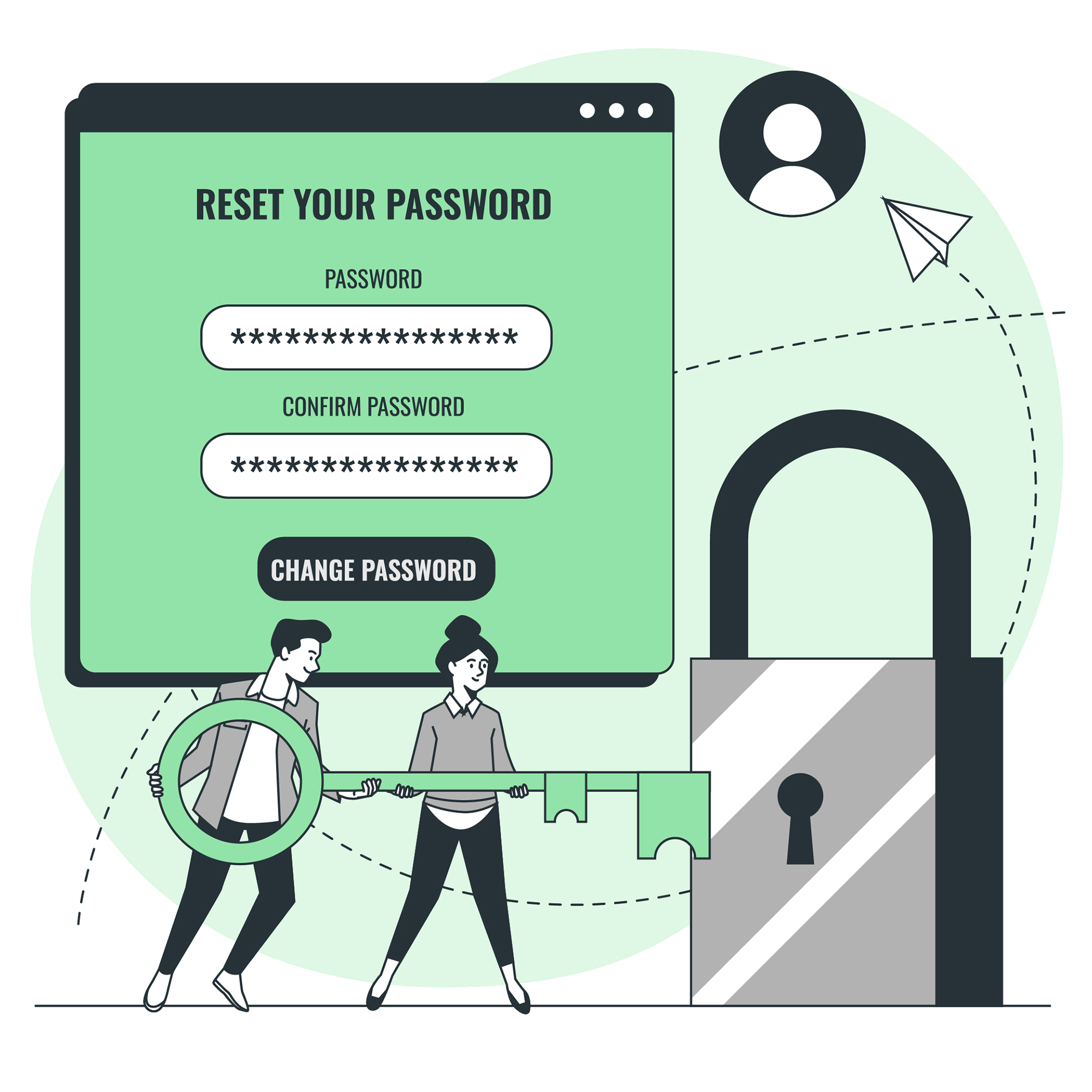When considering whether a password cracker is more likely to guess a string of random characters or a few very common words, the answer lies in the concept of entropy and the strategies attackers employ.
Entropy and Security
- Entropy refers to the randomness or unpredictability of a password. Higher entropy means a password is more difficult to guess or crack because there are more possible combinations.
- A string of random characters typically has higher entropy compared to a few common words due to the vast number of possible combinations. For example, a 10-character lowercase password has roughly the same entropy as a 4-word passphrase picked from a 5000-word dictionary [5].
- However, the effectiveness of a password also depends on how easily it can be remembered. Random strings are often hard to remember, leading users to write them down or reuse them across multiple accounts, increasing vulnerability to breaches [5].
Attack Strategies
- Attackers usually start with the most common passwords and gradually move to less common ones. They might use techniques like “password spraying,” where they try a few common passwords against many accounts, hoping to find a match [5].
- If initial attempts with common passwords fail, attackers may resort to brute-force attacks, trying longer words, mutating words with rules (e.g., adding numbers or capitalizing them), or even exhaustive searches of shorter lengths [5].
Conclusion
- Random Characters: Offer higher entropy and thus are statistically harder to guess. However, their memorability issues can lead to insecure practices like writing them down or reusing them.
- Common Words: Are easier to guess since they are more predictable and can be found in dictionaries. Attackers often prioritize these in their cracking attempts.
Additional Considerations
- Passphrase Strategy: Using unrelated words (e.g., the XKCD method) or inserting random characters into a passphrase can enhance security without sacrificing memorability [5].
- Security Practices: Employing strong authentication methods (e.g., two-factor authentication), using password managers, and avoiding common patterns or easily guessable information can further protect against guessing attacks [5].
In summary, while a string of random characters offers higher entropy and is statistically harder to guess, the effectiveness of a password also hinges on its usability and the security practices employed by the user.
Further reading ...
- https://www2.psfc.mit.edu/passwords.html
- https://www.quora.com/Which-password-is-harder-to-crack-One-with-random-words-or-one-with-a-mixture-of-uppercase-lowercase-and-special-characters
- https://www.reddit.com/r/cybersecurity/comments/m4xwcz/is_it_true_that_random_phrases_are_more_secure/
- https://www.ncsc.gov.uk/blog-post/the-logic-behind-three-random-words
- https://security.stackexchange.com/questions/257611/why-use-random-characters-in-passwords
- https://www.impactmybiz.com/blog/cybersecurity-tips-passphrase-vs-password/
- https://community.bitwarden.com/t/discussion-of-passphrase-entropy-and-entropy-estimation-tools/48195
- https://security.stackexchange.com/questions/188730/if-a-password-repeats-a-sequence-of-characters-does-it-become-easier-to-crack
- https://www.invicti.com/blog/web-security/passwords-pass-phrases-ideological-divide/ [10] https://arstechnica.com/civis/threads/diceware-passwords-now-need-six-random-words-to-thwart-hackers.1239087/
Can individuals protect themselves against password guessing attacks beyond just choosing strong passwords?
To protect oneself against password guessing attacks beyond just choosing strong passwords, individuals can adopt several strategies focusing on enhancing overall security posture, utilizing modern authentication methods, and adopting good cybersecurity habits. Here are some effective measures:
Multi-Factor Authentication (MFA)
- Implementing MFA adds an extra layer of security by requiring users to verify their identity using a second factor besides their password, such as a text message, email, or biometric verification. This significantly reduces the likelihood of successful password guessing attacks [3][5].
Use of Password Managers
- Password managers can generate and store complex, unique passwords for each of your accounts. This approach minimizes the risk of password reuse and simplifies the process of managing numerous strong passwords [5].
Enable Account Lockouts After Multiple Failed Attempts
- Limiting the number of unsuccessful login attempts can prevent brute-force attacks by locking the account temporarily. This forces attackers to wait before attempting again, giving the legitimate owner time to regain access [5].
Regularly Change Passwords
- Changing passwords periodically, especially after suspecting a breach or receiving a warning from a service, can reduce the window of opportunity for attackers to exploit a compromised password [5].
Monitor Accounts for Suspicious Activity
- Utilize monitoring services or regularly check platforms like haveIbeenpwned.com to see if your personal information has been involved in a data breach. Prompt action can prevent attackers from exploiting leaked credentials [5].
Educate Yourself and Others
- Stay informed about the latest cybersecurity threats and best practices. Encourage friends, family, and colleagues to adopt strong, unique passwords and enable MFA wherever possible. Knowledge sharing is a powerful tool in combating password guessing attacks [1].
Invest in Comprehensive Security Solutions
- Beyond just passwords, consider investing in comprehensive security solutions that include antivirus software, firewalls, and intrusion detection systems. These tools can offer protection against a wide range of threats, including password guessing attacks [1].
Adopt Biometrics and Other Advanced Authentication Methods
- Where feasible, use biometric authentication methods such as fingerprints or facial recognition. These methods are challenging to mimic, providing an additional layer of security beyond traditional passwords [5].
By combining these strategies, individuals can significantly enhance their defenses against password guessing attacks, protecting their accounts from unauthorized access.
Further reading ...
- https://www.coresecurity.com/blog/6-ways-defend-yourself-against-password-attacks
- https://www.micromindercs.com/blog/how-to-prevent-password-attacks
- https://www.keepersecurity.com/blog/2022/12/19/how-to-prevent-password-attacks/
- https://owasp.org/www-community/controls/Blocking_Brute_Force_Attacks
- https://www.onelogin.com/learn/6-types-password-attacks
- https://insuregood.org/mitigating-password-attacks/
- https://fieldeffect.com/blog/password-spraying-attacks-detection-prevention/
- https://www.beyondtrust.com/blog/entry/password-cracking-101-attacks-defenses-explained [9] https://datadome.co/bot-management-protection/how-to-prevent-brute-force-attacks/




![Crafting Unforgettable Passwords: A Guide for Developers A string of random characters typically has higher entropy compared to a few common words due to the vast number of possible combinations. For example, a 10-character lowercase password has roughly the same entropy as a 4-word passphrase picked from a 5000-word dictionary [5].](https://passwordclinic.com/wp-content/uploads/2024/06/automation-section-3-150x150.webp)




![A string of random characters typically has higher entropy compared to a few common words due to the vast number of possible combinations. For example, a 10-character lowercase password has roughly the same entropy as a 4-word passphrase picked from a 5000-word dictionary [5].](https://passwordclinic.com/wp-content/uploads/2024/06/automation-section-3.webp)

